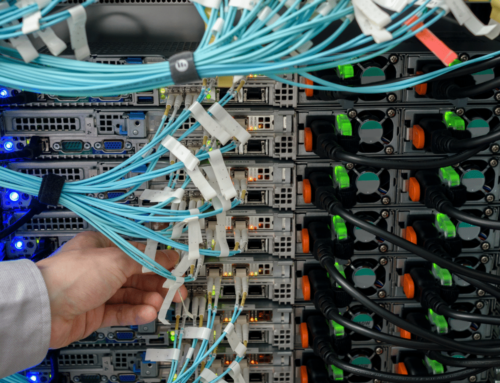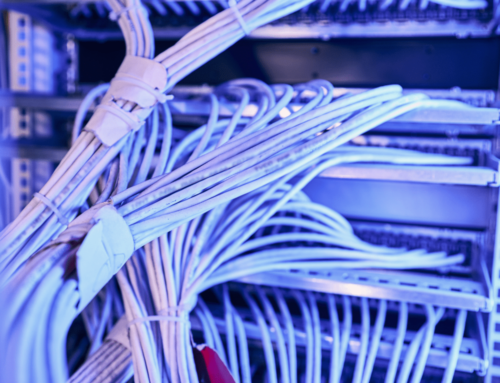Chances are that your business relies on quality WiFi for multiple reasons, whether it’s for ordering materials, paying bills, or attracting new customers. Constant online access has become such a powerful part of our daily lives that it’s getting hard to remember how we lived without it. Your customers feel the same way, and when they visit your business, they want to stay connected to the rest of the world without burning through their mobile data.
Once considered a premium bonus, free WiFi access is quickly turning into something people expect as a standard part of the customer experience everywhere they go. If you’re evaluating whether the benefits of offering free WiFi at your business could outweigh the investment of time and money required to offer it, there are some important points to consider.
Advantages of Wifi
1. Convenience
Wireless networks allows multiple users to connect through the same network. In a fraction of seconds without any configurations, connections can be made through the router or a hotspot technology. This ease of use and convenience is not present in the wired networks. In a wired network, it takes more time to configure and allow access to multiple users.
2. Mobility
As long as you are in the range of a Wifi Access Point, with Wifi you can carry out your regular works from anywhere you want especially with the mobile devices. You don’t have to always sit right in front of the computer to get internet access. Such works include, bank transactions, email sending and checking work reports.
3. Productivity
Regardless of their location, staffs of a company can accomplish their assigned tasks with a Wifi network. Users who connect to a Wifi network can experience different ranges of speed as they move from one location to another. And also there are least chances of experiencing technical glitches with the Wireless LAN. As a result staffs can be more engaged and be able to deliver their timely targets and works, enhancing the overall productivity of the company.
4. Deployment
The installation of a Wifi access point is relatively easy compared to a Wired network connection. There is no complexity of cables being run in different locations and operating switches. Think of setting up a desktop with the network connection in a workplace. Installing a new Wifi router is easy rather than fitting a complex cable network.
5. Expandability
Adding new users to a Wifi network is an easy task. With the proper Wireless LAN credentials, more users can access the Wifi network. Additionally there is no need to install any new type of equipment, all can be done with the existing. This significantly saves time and effort of the clients.
6. Cost
Compared to a Wired network connection, Wireless networks offer significant advantages in terms of cost and labour. Especially when installing a new Wifi network, you can cut down the expenses in wiring and maintenance. Out of these the bigger expense comes under the wiring part. Since very less number of wires are used here, it can save bigger amount in companies overall budget.
Disadvantages of Wifi
1. Security
Even though many encryption techniques are taken by the wireless networks, still the Wifi is vulnerable to hacking. Due to its wireless nature it has high chances of being hacked especially the Public Wifi networks. Since the Public Wifi networks are open for anyone, hackers can impose their fake networking ID. Without consent users may connect to this fake ID and fall into the category of cyber attack victims.
2. Range
Range offered by a Wifi network is limited, typically around 100-150 feet. While it is sufficient for a normal home, it can actually be a problem for building structures. The strength of a Wifi network will be reducing as you move away from the access point. Since the building are multi-storied, the strength of the Wifi network can be varying at different floors. This cloud weaken the company’s workflow. The only way to overcome this is by purchasing additional access points.
3. Speed
The speed of a Wifi connections are far more slower than a wired connection (around 1-54 Mbps). That is too just one device connected to the dedicated servers. This may look fine as long as there are few devices connected to the network. The moment when there are more devices connected, you could experience a drastic reduction in speed.
4. Reliability
A Wifi network works in the frequency of 2.4Ghz. This frequency has high chances of getting hindered due to the electro magnetic waves and other forms of obstacles. As a result you may frequently experience connectivity issues and weak signal strengths. Especially during large file transfers the signal can get interfered.
5. Bandwidth
Many routers only allows 30 maximum devices to be connected. The bandwidth of the Wifi network gets weaker as you add more devices. It is solely reserved for a single user. Most often when the bandwidth gets limited users can experience slow speeds.






